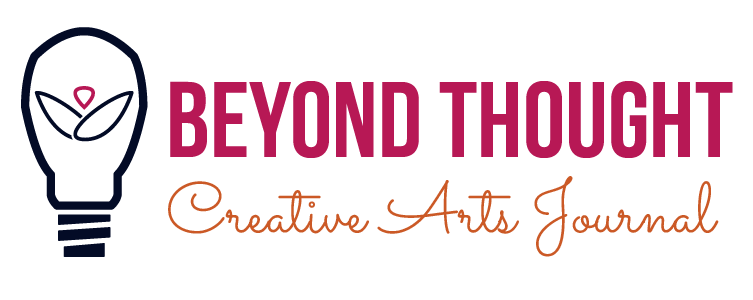Is There a Place for Art in the Modern World?
From engraving and sculpting during the Stone Age to cave painting during the Ice Age, humans have always used art and drawing to communicate, especially when verbal language had not yet come to be. Ever since, every historical period has been associated with its own artistic movement. Before smartphones and theoretical physics, artists were those who defied norms and stirred debates. Creativity lies in the very soul of humans, but it seems that the more we progress in the scientific fields, the more we stray away from our innate tendencies to create. In the age of technology and scientific advancement, vying for constant successes and discoveries, is there a place for art to flourish?
As a child and a teenager, I would spend my free time either filling up sketchbooks or appreciating the artwork of other creators. Inspired by seeing my mother work as an architect, I began using her tools to make works of my own. Eventually, I started getting my own supplies, delving into media that she was not very familiar with, like soft pastels and pottery. I would look forward to long vacations from school so I could spend weeks pouring my heart out onto a canvas without any distractions. Similarly, I had always been an avid reader, finishing 600-page books in a day like it was nothing. Reading so many other people's work encouraged me to dabble in writing my own short stories and poems as a means of catharsis. I wouldn't publish or advertise them; they were my own collection of emotion-laden pages.
Growing up, I was also fascinated with crime shows, like CSI, Criminal Minds, and anything on Discovery ID. This pastime is what eventually prompted me to pursue a profession as a forensic pathologist. This, however, presented a dilemma for me: I loved reading, analyzing literature, and writing; but I also loved learning about the human body, figuring out why it took its last breath. At this point, I was debating changing my career path and opting to major in English literature, hoping to eventually become a professor and aptly share my passion with other souls. I was planning to move from Lebanon to Las Vegas in order to pursue my education in a safer setting. Upon telling my parents of my possible career change, I was strictly informed that I was only allowed to travel in order to ensure success as a doctor, not to go waste time reading books. I was devastated, but I understood where they were coming from. They figured that, nowadays, art can only be a hobby, nothing to be taken seriously, and nothing that would make a comfortable living. My mother still encourages me to draw and read, but she is also immensely proud that her daughter is going to become a doctor.
Undoubtedly, STEM professions provide a living, but art makes you feel alive. You cannot separate the two or rely solely on one—they can only exist together. How would future doctors study anatomy if there weren’t any artists to create anatomically correct models? How would engineers build houses without an architect to design it and an interior decorator to make it a home? And how would artists paint if there were no chemists to produce smooth and opaque paint? How would musicians perform without sound and light engineers ensuring a perfect experience?
Art is not a side character in our story—it is a fundamental element that we cannot neglect simply because we deem it less important than more profitable pursuits. In fact, art and science are both attempts to understand the world around us, just in different ways. The main idea that drives the two away from each other is that becoming a doctor or engineer is profitable. Customers can justify spending $12,000 on a rhinoplasty or $500,000 on a new house, but spending $50 on a piece of paper to look at seems stupid. They say they could do it themselves, even though they can't, and they won't. Consequently, when there is no demand, there will not be any supply.
Not only is there a place for art in our modern world, but it is necessary for our survival. If we maintain this trend of consumerism and greed, only following the paths of most profit, we will wither into nothing but emotionless, selfish machines. Art is what breaks us from monotony, it brings meaning into everyday life, as long as we keep it alive.

